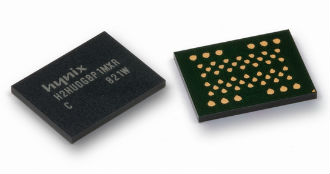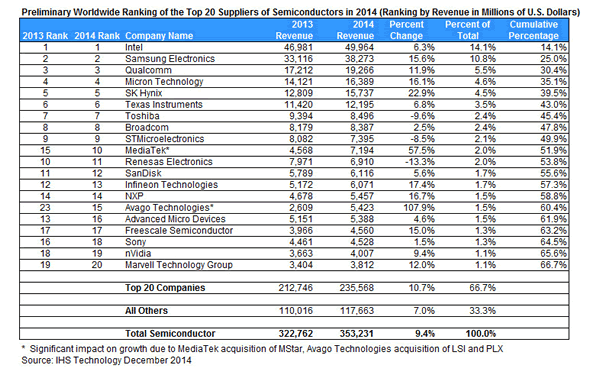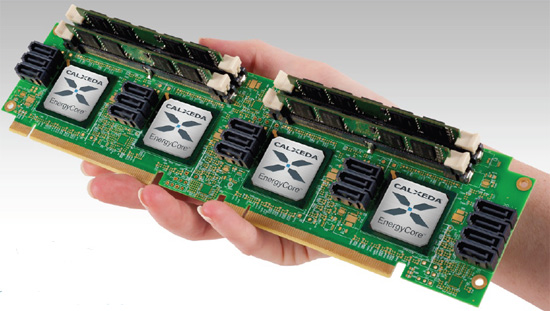 Top British telcos are hijacking their customers’ browsers to make sure that David Cameron’s anti-porn filter rules are enforced.
Top British telcos are hijacking their customers’ browsers to make sure that David Cameron’s anti-porn filter rules are enforced.
BT, Sky, and Virgin Media are struggling to get customers to say yes or no to the controversial adult content blocks, because unlike David Cameron, the majority of customers are happy with being able to see what they like.
When a user tries to access any website. BT, Sky,TalkTalk and Virgin Media are required to ask all their customers if they want web filters turned on or off and never see anything that would offend Cameron and his blue rinse friends ever again.
According to Wired the measures being taken by ISPs have been described as “completely unnecessary” and “heavy handed” by Internet rights groups.
The hijacking works by intercepting requests for unencrypted websites and rerouting a user to a different page. ISPs are using the technique to communicate with all undecided customers.
If you click on an interesting Channeleye story you could be redirected to a page asking about web filtering. The only way you would be safe is if you only look at encrypted websites.
BT is blocking people’s browsers until they make a decision, making it impossible for customers to visit any websites once the in-browser notification has appeared.
A spokesperson for the UK’s biggest ISP said: “If customers do not make a decision, they are unable to continue browsing. The message will remain until the customer makes a decision.”
BT said that it is not forcing people to activate BT Parental Controls and if a user selects “No” they will be taken to a confirmation page and be able to continue browsing without the message reappearing.
The digital rights organization Open Rights Group (ORG) said that ISPs risked encouraging customers to trust hijacked sessions by displaying messages in this way.
“How can a customer tell the difference between an ISP hijack and a phishing site made to look the same? There are better ways for ISPs to contact their customers—particularly given that they have our phone numbers, email and actual addresses,” an ORG spokesperson said.
Sky is also hijacking browser sessions to ask customers if they want to turn on its Sky Broadband Shield web filter. Unlike BT, Sky said it would not disconnect or block customers if they refused to make a decision.
Virgin said it had no plans to disconnect or block customers who did not make a decision, adding that its in-browser message about its Web Filters system could be ignored. The ISP did not say how it planned to get any remaining undecided customers to make a decision if they continued to ignore prompts.
However, all this is playing directly into the Government’s hands by setting a precident. ISPs for years have said that they are not responsible for what their customers see online. By forcing customers to say “yes” or “no” for the web filters they are placing themselves in a role which the government can use.
The next thing could be looking at emails at the request of whatever daft arse idea that the government has about terrorism, or childcare
 Reports said that the Chinese government blocked access to Gmail accounts on Friday in a bid to further throttle Google.
Reports said that the Chinese government blocked access to Gmail accounts on Friday in a bid to further throttle Google.
















